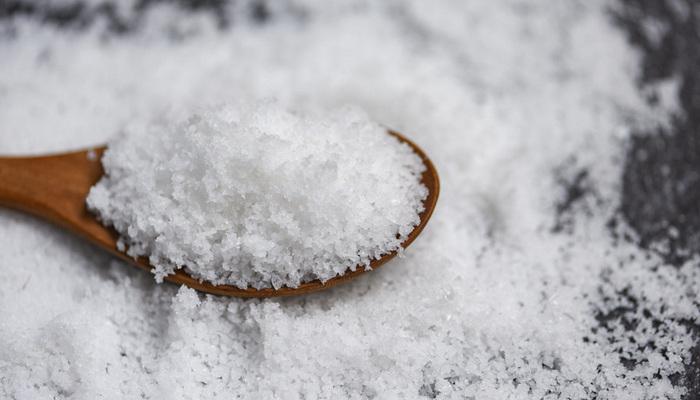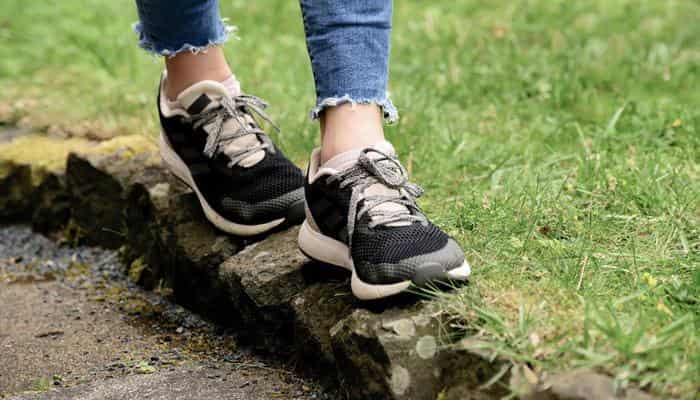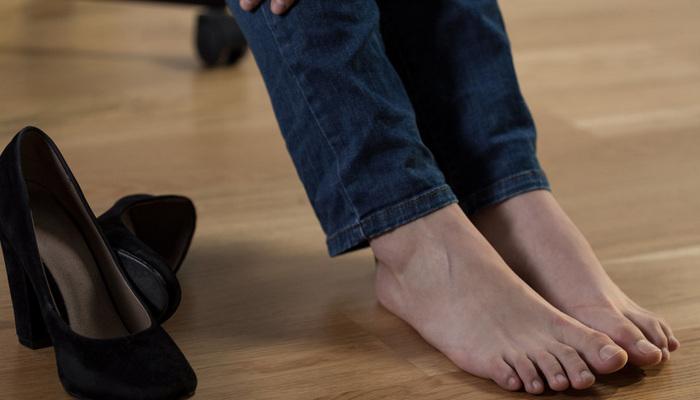Зміст
Do you suffer from weight fluctuations, cellulite or a feeling of heaviness? Or maybe you wake up in the morning with swollen legs, arms, or face? If you answered yes at least once, you may have problems with excess water in your tissues. There are many reasons for its accumulation: this applies to women in the second cycle, but also to men who lead an unhealthy lifestyle. Fortunately, the problem can be solved using safe methods. How to get rid of excess water in the body? Let’s figure it out.
Is excess water in the body dangerous?
It would seem that excess water in the body and the associated swelling is only an aesthetic dimension. While it can make you feel less comfortable due to fluctuations in body weight and unsightly skin lesions, tissue swelling can have serious consequences. These include hormonal problems (which can also cause water retention) as well as overworking of the kidneys, heart, and blood vessels. In addition, one of the reasons for water retention in the body is a sedentary lifestyle, improper diet and excessive alcohol consumption, which still overloads the liver.
How to get rid of water from the body?
The easiest way to get rid of water in your body is … drink more water! Paradoxically, dehydration of the body triggers mechanisms that lead to its retention in tissues. If the body gets enough fluids on a regular basis, the problem will resolve itself. How much water should you drink per day? Nutritionists advise drinking at least two liters of water per day. It is best to consume mineral water, herbal infusions and fruit juices, and avoid coffee, strong black tea, and alcoholic beverages. They lead to rapid dehydration of the body and water retention in tissues.
Watch what you eat!
If we want to get rid of excess water from the body, drinking alone is not enough. It is worth incorporating water-rich foods into your diet! Why, for example? A good solution is to eat watermelons, grapes and mangoes. It is also worth reaching for fresh cucumbers, but it is better to skip pickled or canned cucumbers as they contain salt.
Speaking of salt

Limiting your salt intake is necessary in order to get rid of water from your body. It is true that the sodium it contains is good for the cardiovascular system, but we consume too much of it (the daily dose is 5 g, that is, a teaspoon). And excess salt not only retains water in the body, but also leads to a rise in blood pressure, which is one of the causes of heart disease. That is why it is worth giving up salty foods every day, as well as eating processed foods, because salt is one of the most common preservatives.
Eat fiber!
Dietary fiber is a godsend for the intestines, since it regulates their work, accelerates metabolism and helps to remove deposits and toxins from the body. Fiber also has the ability to absorb water and excrete it efficiently from the body, so it should be included in our diet at all times. Where can you find it? The leading foods are whole grains, that is, flour, cereals, breads and pasta, as well as fresh vegetables and fruits such as pumpkin, apples, carrots, Brussels sprouts, pods, bananas, pears and plums.
Move!

No wonder, they say that “sport is good for health”! If we are not comfortable with physical activity, it is time to change it, because then it will be easier to get rid of water from the body. Of course, you don’t have to sweat in the gym right away, but you should walk more often, walk to work, or get on your bike and take a short ride.








